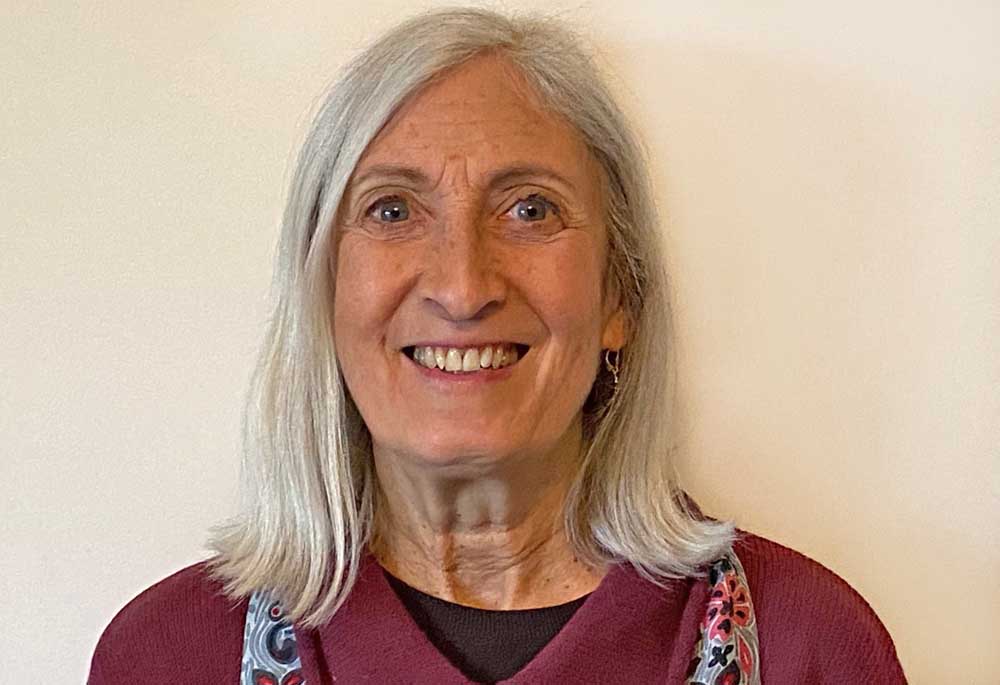AGING MATTERS: Become informed about your risks and choices
Published 7:00 am Sunday, June 16, 2024

- Ellen Waldman
Aging graciously, with acceptance of inevitable changes, will make life so much easier for yourself and those who care about you. Realistically, you may not be feeling gracious every day, but as a general guiding theme, why is this such a seemingly difficult approach?
We can hold more than one thought or feeling at a time. It’s possible to not like what’s occurring in our changing lives, but also understand that this is not unusual or unexpected. Why me … becomes why not me. Being angry because of change, being afraid of what’s happening or going to happen, this can be normal. And what’s also possible is softening, accepting, having compassion for yourself and finding joy in your present life.
“Change, although it involves risks, is the law of life,” said Bobby Kennedy. By the way, talking about change, this will be my last column for now, as the Rogue Valley Times has recently announced changes to its publication.
Talking about aging and end-of-life choices are not typically popular subjects for a conversation. I promise you though, if you do, it does make it a lot easier. For families that have to tiptoe around these conversations, there’s always great stress.
Here’s what the author Sebastian Junger says in his new book, “My Time of Dying”: “I got to thinking; I’m almost 50, and I don’t want to keep putting my own interests ahead of everyone else’s welfare.” Imagine if most people agreed with this!
So, start with yourself. Sit down and have an honest “inside” conversation about your own aging. Even if you’re not yet ready to talk to anyone else, having this inner reflection will begin to bring clarity to your thoughts and feelings. Then, consider having the “outer talk” with family and friends.
There are so many specific aging topics that cause families to practically fall apart. I’m suggesting that if you want to dig in your heels and have things only your way, you too may find yourself in the middle of this struggle. Let’s start with the top 3 issues that are the most distressing for families. Believe me, there are a lot more, but let’s start here. They are:
• I’m only leaving my house feet first.
• I’ve been an excellent driver for 60 (or more) years and not going to stop.
• I don’t need any help, I don’t want any help, and I’m not paying for help.
Do these sound familiar to you? You may have said them to yourself or out loud to others. That’s OK, you can have what you want, but are you also willing to take the risks?
If you refuse help, and can’t see your way to accepting any changes (like not driving or moving somewhere safer), do you also expect others to come in later and pick up the pieces from the possible fallout? This is what “fiercely independent” can end up looking like. Maybe it will work out, maybe it won’t. Some families will still come in to support and take care of the crisis they were trying to help you avoid. But not everyone will do that. That’s the risk.
I like reading books by Anne Lamott. She has some interesting and humorous views on life and aging. At 70 years old, she wrote that she thought she was really 40, but that something was seriously the matter with her. I love that, but in truth, many people actually make choices based on that funny idea.
If nothing else, take a look at how many birthdays you’ve actually had, and become informed about your risks and choices. Maybe even take another person’s welfare into consideration as well, as Sebastian Junger suggests.
Editor’s note This is Ellen Waldman’s final “Aging Matters” column for the Rogue Valley Times. {related_content_uuid}9d4aca8e-553b-45f0-a1fa-fd3f71acef99{/related_content_uuid}
This is Ellen Waldman’s final “Aging Matters” column for the Rogue Valley Times.









